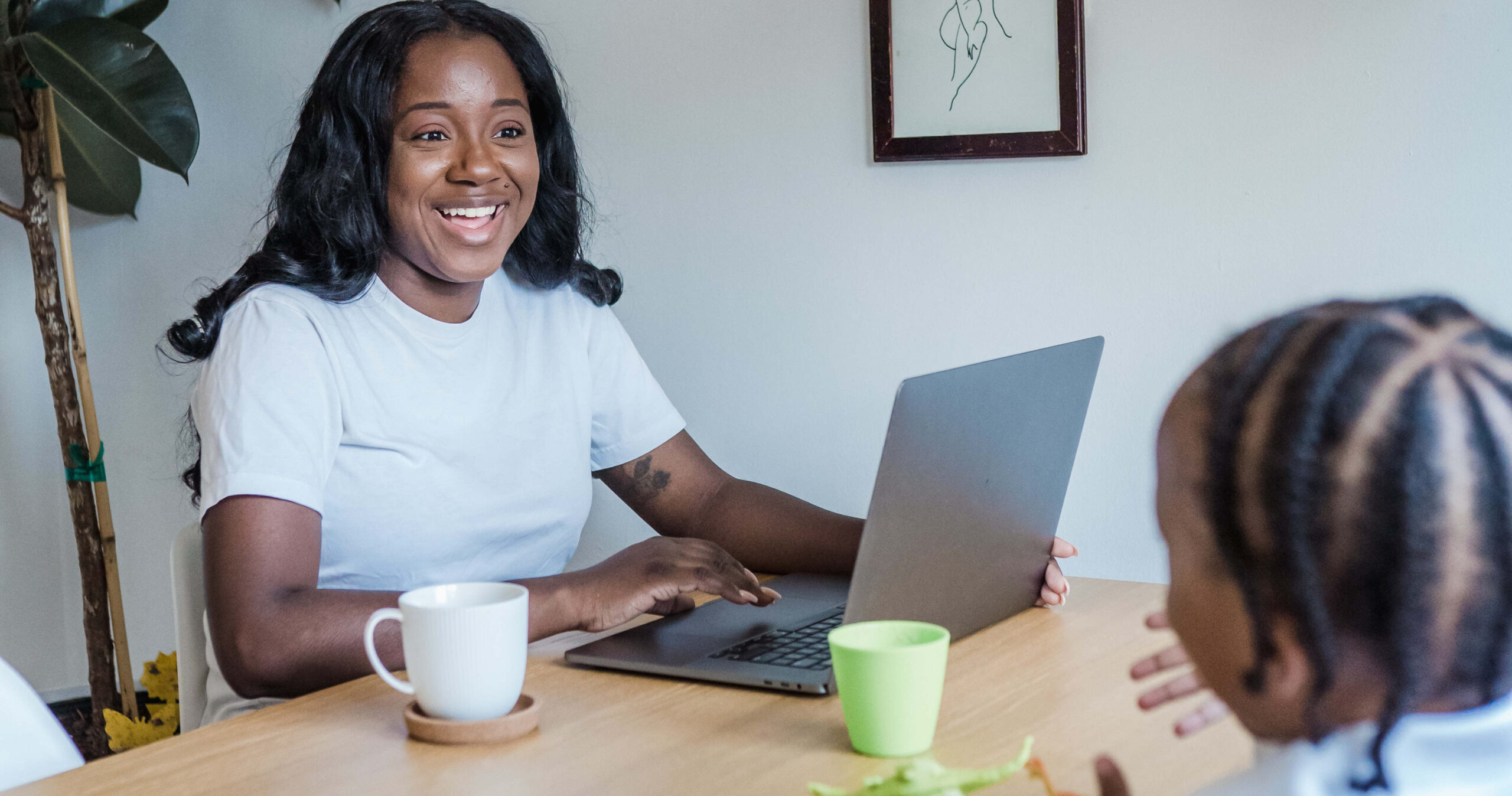“All children end up with large gaps in their academic knowledge. At least our own children will have enjoyed learning what they learn and will be open to new learning.”
– Mike Fortune-Wood
From the archives: Posted on 14th June, 2005
“A friend of mine says that in her experience ‘unschooled’ children end up with big gaps in their academic knowledge by the time they are teens. By this she means children who are not forced to do academic work, since if they’re not forced, most children don’t.
Do you agree with this? If so, do you think it’s a problem? If it is, what would you say to try to convince your children that they might be better off if they sometimes do something that might be done in a school?”
All children end up with large gaps in their academic knowledge.
It’s not possible to study everything and the schools make decisions about what subjects to study on our children’s behalf.
How many mainstream schools study philosophy, for example, or certain languages? Who decides what is studied?
They also make decisions on what is academic. Schools in the UK may for example study engineering but not first aid; they may study the history of Europe but not of China.
We could go further and look at literature and ask why some books are chosen and not others.
And then we can look at changes in educational fashion. When I was at school I was convinced that our geography teacher was suffering from OCD: she was fixated on rubber production in Burma (perhaps it was a different kind of obsession come to think of it)—I have no idea why there was no rubber manufacturing close to us it had no rhyme or reason to it but we must have spent tens of hours year after year studying it. Oddly we did nothing on the oil industry despite having the world’s largest ethylene cracker only five miles from the school gates.
All I see are gaps.
Another question I would ask her is what she was made to study and how much of it she can remember and then how much of it she has ever used. I can’t ever remember needing to know about rubber production in Burma.
The military have a saying that generals are always preparing for the previous war—I think that this can also be said of the education industry—they are always preparing children for last year’s employment market.
I think that what was meant by your friend is that autonomously-educated children study differently from the way children do in school, and that they will have a different knowledge base from that of schooled children.
In any event my view is that what people learn is of less importance than learning how to learn. We try to foster a culture of learning. This should mean that it should be possible to fill in any gaps in their knowledge when they wish to.
So my comment would be: So what? Our children will have unique skills which should make them marketable. Or at the very least they will have enjoyed learning what they learn and will be open to new learning.
See also:
- The dark side of John Holt
- Differences in knowledge not reason
- The mistaken belief that we have to doooo something
Mike Fortune-Wood, 2005, ‘Does educational freedom lead to big gaps in knowledge?’, https://takingchildrenseriously.com/does-educational-freedom-lead-to-big-gaps-in-knowledge/
